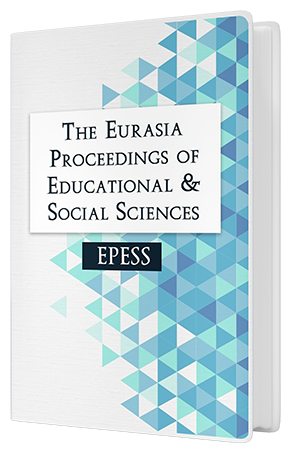Evaluation of the Undergraduate Program in Higher Education: the case of the Science and Mathematics Department at the Faculty of Education, Lebanese University
Keywords:
Assessment in higher education, LMD program, Quality ofAbstract
The Faculty of Education is currently in the phase of revising its LMD programs. In order to modernize and to keep in track with the latest trends in Education, the Science and Math department made an in-depth study that involves 30 teachers and 9 trainers, who presented their ideas for innovation, suggestions for new courses and improvement in the present courses. A large scale survey was done on undergraduate students, in order to collect ideas about the taught courses, students’ skills and courses learning outcomes, as well as needs and suggestions for new courses. Qualitative and quantitative data were collected a) from 1005 students-filled questionnaires that assess 33 courses from the Science and Mathematics Department and lasted over 6 semesters, as well as practicum courses at schools and b) a focus group of 34 students, in their last semester, filled a questionnaire detailing the taught courses, new courses and comments about their learning during their 6 semesters at the Faculty. Teachers suggested new courses like STEM and science and industry, proposed new specializations, such as science and math teacher preparation for middle classes, and redistribute some current courses. Students in their last semester, for instance, were satisfied with the taught courses related to their specialization, they complained from the redundancy in some courses like psychology and general education and they emphasize on taking into consideration their opinions and suggestions in the assessment of the LMD program.Downloads
Published
Issue
Section
License
Copyright (c) 2018 The Eurasia Proceedings of Educational and Social Sciences

This work is licensed under a Creative Commons Attribution-NonCommercial-ShareAlike 4.0 International License.
The articles may be used for research, teaching, and private study purposes. Any substantial or systematic reproduction, redistribution, reselling, loan, sub-licensing, systematic supply, or distribution in any form to anyone is expressly forbidden. Authors alone are responsible for the contents of their articles. The journal owns the copyright of the articles. The publisher shall not be liable for any loss, actions, claims, proceedings, demand, or costs or damages whatsoever or howsoever caused arising directly or indirectly in connection with or arising out of the use of the research material. All authors are requested to disclose any actual or potential conflict of interest including any financial, personal or other relationships with other people or organizations regarding the submitted work.




